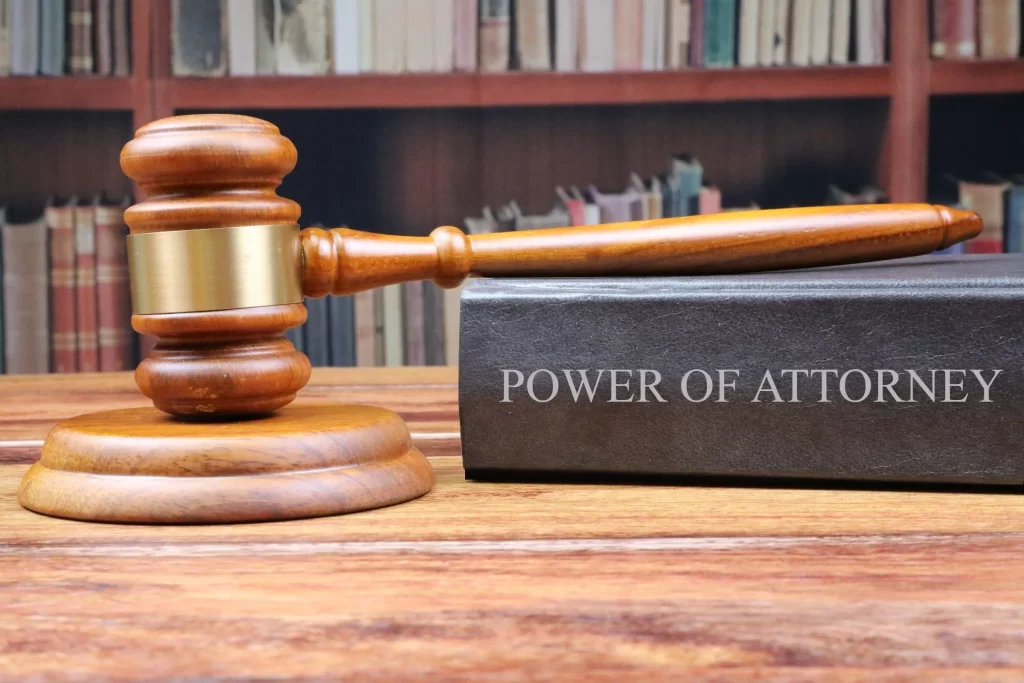Death can bring not just grief, but also confusion and complexity, especially when it comes to matters of finances and legal decisions. One common question that arises is whether a power of attorney can continue to wield financial authority after someone passes away. In this article, we will delve into this intricate question and provide clarity on the issue at hand.
Understanding the Role of Power of Attorney After Death
After the death of an individual, the power of attorney no longer has the authority to withdraw money from the deceased person’s accounts. The power of attorney is only valid during the individual’s lifetime and ceases to have any power once the person passes away.
It is important to note that after death, the executor of the deceased person’s estate takes over the responsibility of managing their assets and carrying out their final wishes. The executor is appointed by the deceased person in their will and has the legal authority to distribute the assets according to the instructions laid out in the will. Any withdrawals or transactions made by the power of attorney after the death of the individual would be considered unauthorized and could lead to legal repercussions.

Exploring the Limitations on Accessing Funds
When a loved one passes away, it can be a confusing and overwhelming time, especially when it comes to accessing their funds. One common question that arises is whether a power of attorney can withdraw money after death. The answer to this question depends on the specific circumstances and legalities surrounding the power of attorney arrangement.
It’s important to note that the power of attorney expires upon the death of the individual, meaning that the appointed individual no longer has the authority to act on behalf of the deceased. However, there are certain exceptions to this rule, such as if the power of attorney explicitly states that it remains in effect after death for estate planning purposes. In most cases, the executor of the deceased’s estate would be the individual responsible for managing and distributing the funds.

Navigating Legal and Ethical Considerations
When it comes to the sensitive matter of handling finances after someone’s passing, it’s important to understand the legal and ethical considerations surrounding the power of attorney. While a power of attorney has the authority to make financial decisions on behalf of the individual while they are alive, that power typically ends upon the individual’s death. However, there are certain situations where the power of attorney may still be able to withdraw money after death.
One scenario where a power of attorney may be able to withdraw money after death is if they were granted the authority to do so in the individual’s will. In this case, the power of attorney would need to follow the specific instructions outlined in the will regarding financial matters. Another situation where a power of attorney may have the ability to withdraw money after death is if they are appointed as the executor of the individual’s estate. In this role, the power of attorney would have the legal authority to manage the individual’s assets and settle their debts according to the terms of the will or state law.

Guidelines for Succession Planning and Financial Security
In the event of a person’s death, the power of attorney typically ceases to have authority. This means that they cannot withdraw money or make financial decisions on behalf of the deceased individual. However, it is important to note that there are exceptions to this rule, such as if the power of attorney was granted durable power, which allows them to continue making decisions even after the principal’s death.
It is crucial for individuals to have a clear understanding of their estate planning documents to ensure that their wishes are carried out effectively. By outlining specific instructions regarding who has the authority to manage finances and make decisions in the event of incapacitation or death, individuals can help protect their assets and ensure financial security for their loved ones. Consulting with a legal professional can provide further guidance on how to properly structure estate plans for succession planning and financial security.
Wrapping Up
In conclusion, the decision to allow a power of attorney to withdraw money after death is a complex and nuanced one. It is crucial to carefully consider the specifics of each case and seek legal advice if necessary. Understanding the rights and responsibilities of a power of attorney can help ensure that the wishes of the deceased are respected and their assets are managed appropriately. Ultimately, navigating this sensitive issue requires careful thought, communication, and a commitment to honoring the wishes of the departed.







